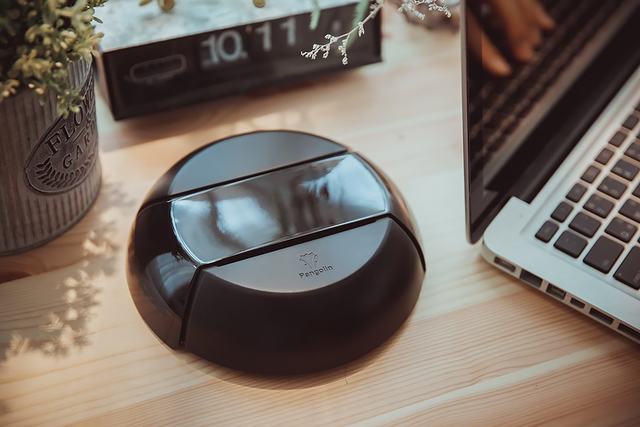Google’s decision to fix the incognito mode loophole in their popular Chrome browser is a win for privacy.
As of August 1, 2019, Google has turned off the loophole that allows sites to detect you while you browse in its incognito mode.
This is a move that has positive ramifications for everyone using the browser, because it means a greater deal of true privacy for people who want to go incognito.
There are immediate implications for publishers who were using the loophole to stop people from being able to view more than their allotted share of “free” articles on paid sections.
While this certainly has an effect on publishers that work with a paid content model, and it is a legitimate problem for these businesses, one has to take the larger picture into consideration.
There is a crucial issue the heart of the situation regarding incognito detection: whether or not people have a fundamental right to internet privacy.
Considering how widespread privacy violations have become, especially on social media networks like Facebook, every small step that companies take to protect privacy is important.
Google’s blog post detailing the changes explicitly states what drove them to make the change:
On the surface level, we do know that our lives have become much less private because of the many ways that all of our internet activity is being tracked. It shouldn’t be forgotten though, that it may not just be marketers that track our information. There are other, sometimes darker, forces at play. That’s why it’s so important for us to be given control of our privacy wherever possible.
Google’s blog post explaining the changes says it best:
“People choose to browse the web privately for many reasons. Some wish to protect their privacy on shared or borrowed devices, or to exclude certain activities from their browsing histories. In situations such as political oppression or domestic abuse, people may have important safety reasons for concealing their web activity and their use of private browsing features.”
It should be noted that Google isn’t exactly free of their own privacy issues, even if their intentions are not malicious. They’ve also come under fire recently for toeing the line between respecting your internet privacy and gathering data your data to improve products like Google Assistant.
It’s always going to be difficult for companies like Google, to whom our data is extremely important, to go all-in on privacy. This latest Chrome fix does deserve a bit of recognition though.






